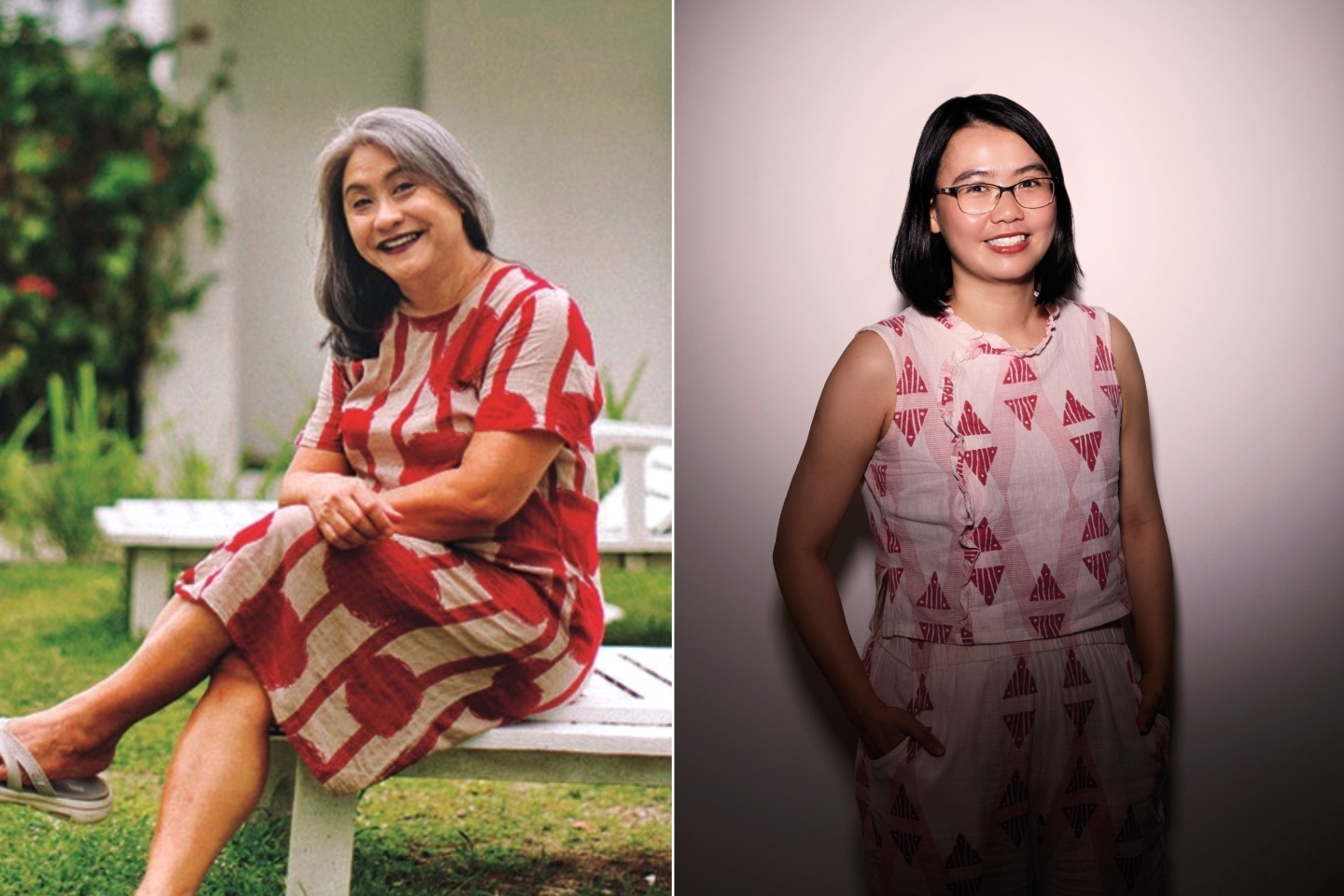
Karina and Zen are two of four authors who will be talking about desire at the show (Photo: Karina Robles Bahrin; SooPhye)
Bobo KL, an intimate venue known for hosting cool pop, jazz and R&B acts, will turn up the heat in August with words, not music or song. Fever: Women’s Desire is set to raise temperatures and get audiences flushed as Malaysian women explore hidden desires in four recent books.
Initially, Bobo co-owner and artistic director Sean Ghazi had asked Karina Robles Bahrin if she would do a reading and Q&A at his “incubator for up-and-coming acts”. The Accidental Malay author in turn pitched the idea of gathering with three fellow writers to talk about desire. Sean, a staunch supporter of the arts, was all for it.
As a prelude to Fever, literally a one-night stand with associate professor Susan Philip (English department, Universiti Malaya) as host, Karina, Daphne Lee, Preeta Samarasan and Zen Cho reveal what they desire.
bobo_kl.jpg

Susan Philip: I mainly want to know what these women understand by “desire”, the different ways they might define it, what it can encompass and why, when we say the word, it is so often and so quickly taken to be referring to sexual desire. At the very least, it is treated as something too extreme, as opposed to liking or loving something. And, importantly, why is strong emotion frowned upon?
Men are trained to not show emotion. Women are “allowed” to, but that is because it is considered natural for the irrational, hysterical female to be emotional (and in patriarchal societies, to be female is to be irrational and hysterical). Strong emotion, then, is a negative trait, as opposed to the more “admirable” “male” traits of logic, reason and control.
It is important to raise the issue of women’s desire for the same reason The Handmaid’s Tale has struck a chord with contemporary audiences. In small, incremental steps, in many places, the world seems to be creeping (maybe even running) towards a Gilead-type situation. In the US particularly, women are once again being reduced to mere childbearing vessels.
Online, there is the “trad wife” trope that valorises women who stay in their domestic roles and speak of serving their husbands while always looking perfectly dressed, coiffed and made-up. The latter might seem like a small, silly fad, but it puts the idea out there that women’s own desires must be tamped down in favour of fulfilling men’s needs and wants.
I think we do need to talk about what women’s desires are and acknowledge they do indeed have desires that are independent of the men in their lives, their families and societies. By acknowledging desire, we acknowledge the individual woman as an individual.
daphne_lee.jpg
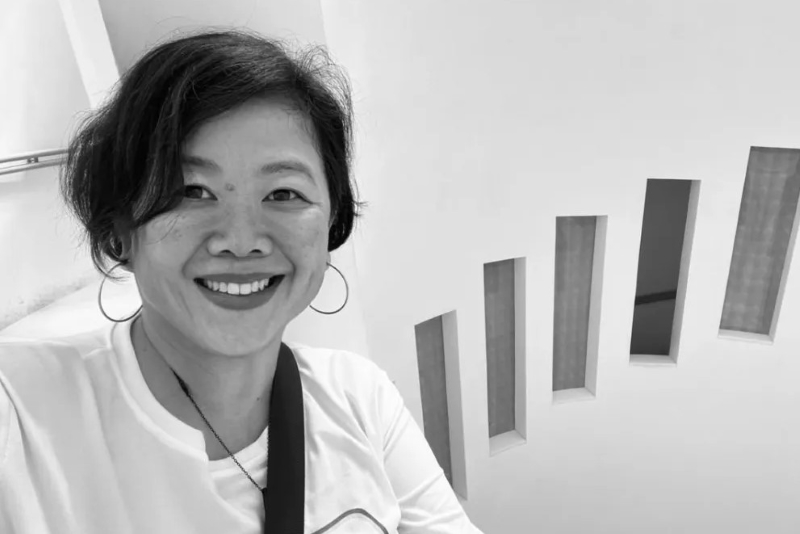
Daphne Lee: Last year I moderated a panel on Malaysian fiction comprising Preeta, Zen and Karina at the Hong Kong International Literary Festival. We had so much fun, I guess Karina thought we should try to do it again. We chose women’s desire because we wanted something different and slightly provocative.
Lust is part of life and occurs in stories of all stripes. The 10 in my book, Bright Landscapes, are based on Malaysian and Asian myths, legends and folktales. But beyond that, I don’t think it’s my job as their writer to explain them to anyone. I have no plans to read any of my stories.
_s1a0854.jpg
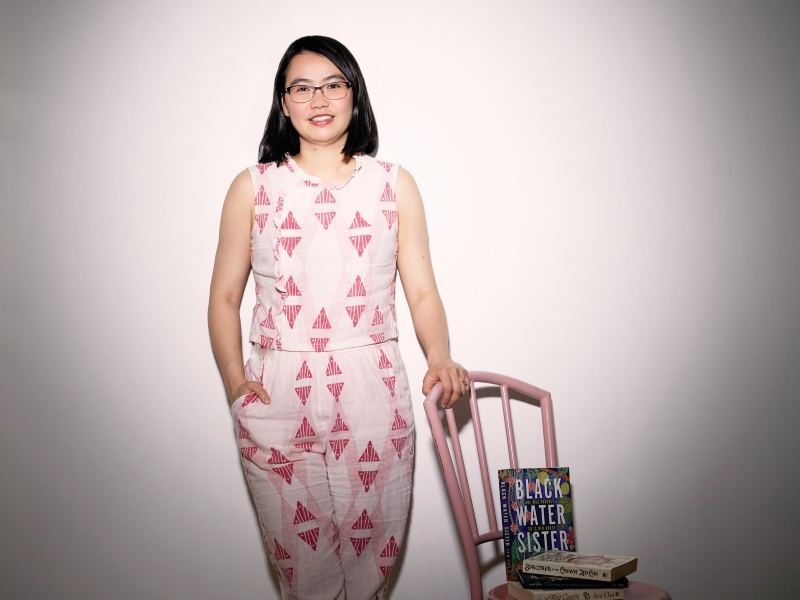
Zen Cho: Because genre romance has a certain set formula — the mandatory coming together (in all senses of the words), the drawing apart, the reconciliation, the happy ever after — I find it is a very flexible genre for telling a story about one thing while talking about others. It’s like a sonnet or villanelle: You’re given the structure; what you do with it is up to you. In that sense, it’s not unlike fantasy. A story about ghosts, for example, is always also about death and the past and our relationship with both of those things.
The hidden desire in The Friend Zone Experiment (out on Aug 6) is for our deepest wants and needs, the ones we are often embarrassed to claim openly, for fear of being mocked as naive. A desire for a better world, for all that was lost to be made good. Good governance. Politicians who serve the community instead of their own interests. Real consequences for corruption. The courage to stand for our principles and the ability to effect change by doing so.
There is sex in the book, but I was interested in exploring different ways to depict love, longing and desire as well, through acts of physical intimacy and caretaking that aren’t overtly sexual. There is a reason Jane Austen adaptations continue to be so popular: There’s something compelling about the restrained passion that is expressed through a touch of the hands or a look across the ballroom.
preeta_samarasan_please_credit_guillaume_comte.jpg
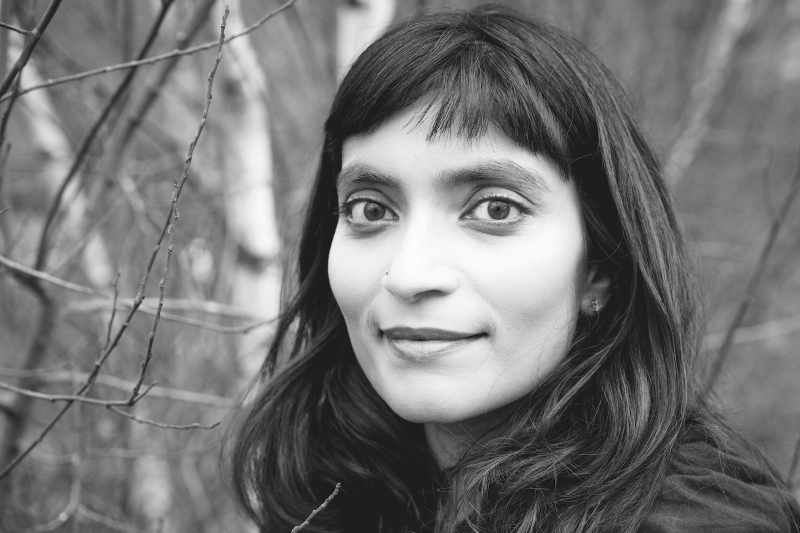
Preeta Samarasan: Tale of the Dreamer’s Son is about adults who are searching — for meaning, enlightenment and love — and the children dragged along. Female desire is a powerful driving force in the plot. It is the reason Neela ends up at the Muhibbah Centre for World Peace and why Salmah stays. The desire of an adolescent girl, only half understood by herself, plays a key role in the fate of the centre and its principal characters.
Desire has led to no good for women for millennia in most of the world; that is why it leads to no good in fiction, which merely reflects the world as it is. In order to change the possibilities of female desire in fiction, we need to change the possibilities of female desire in the real world. I think most Western societies have actually progressed by leaps and bounds in this regard, but much work remains to be done.
20211107_la_paripari_0121.jpg
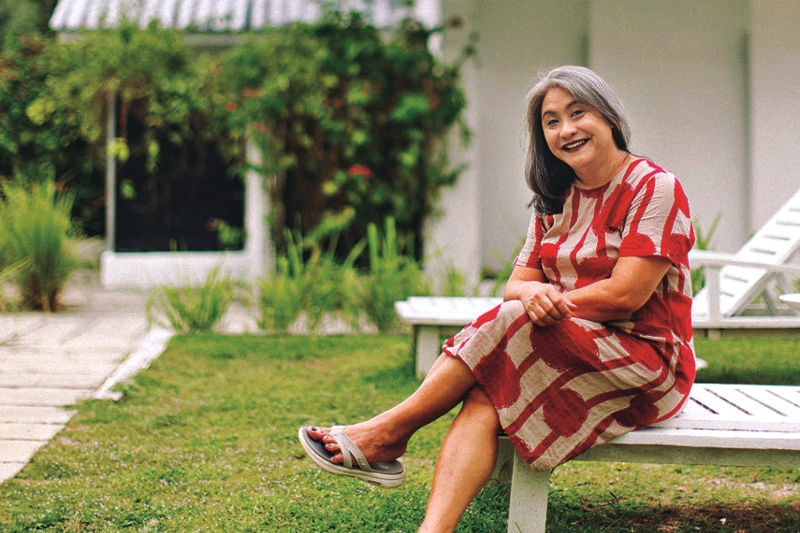
Karina Robles Bahrin: I think desire is a much larger thing than sex alone. It is the singular thing that propels all stories and is unique to the human experience. It is what drives characters to pursue their goals and the bedrock of every compelling story.
My book is told from the perspective of its female protagonist, so it is all about one woman’s desire for freedom to determine her own destiny, defying the expectations that external forces — her family, society and her past — have thrust upon her.
There’s a great quote about how sometimes a female bildungsroman, especially when the central character is a mature woman, is not so much about [her] growing up but rather growing into herself — the self she wants to be. I think that’s what I generally explore in most of my fiction, and certainly here.
Body positivity is something many people battle but it is especially acute for women, given that we live in a patriarchal world where the male gaze is dominant. There are references that my protagonist is not the typically idealised skinny young thing. However, this does not stop her from pursuing her desires and exploring the more physical aspects of love and being in love. Because, I think, in the end, looks really aren’t everything. And a person’s desire for another stretches much farther and goes much deeper than just skin.
In writing The Accidental Malay, I questioned myself many times about whether I should self-censor. In the end, I decided not to, at least in the first draft. To be honest, the things I found most difficult to write had much less to do with the sex scenes than they were with commentary on our country’s socio-political complexities.
'Fever: Women’s Desire in Four Recent Books by Malaysian Women' will be held at Bobo KL on Aug 15, 8.30pm. Buy tickets here.
This article first appeared on Jul 29, 2024 in The Edge Malaysia.


